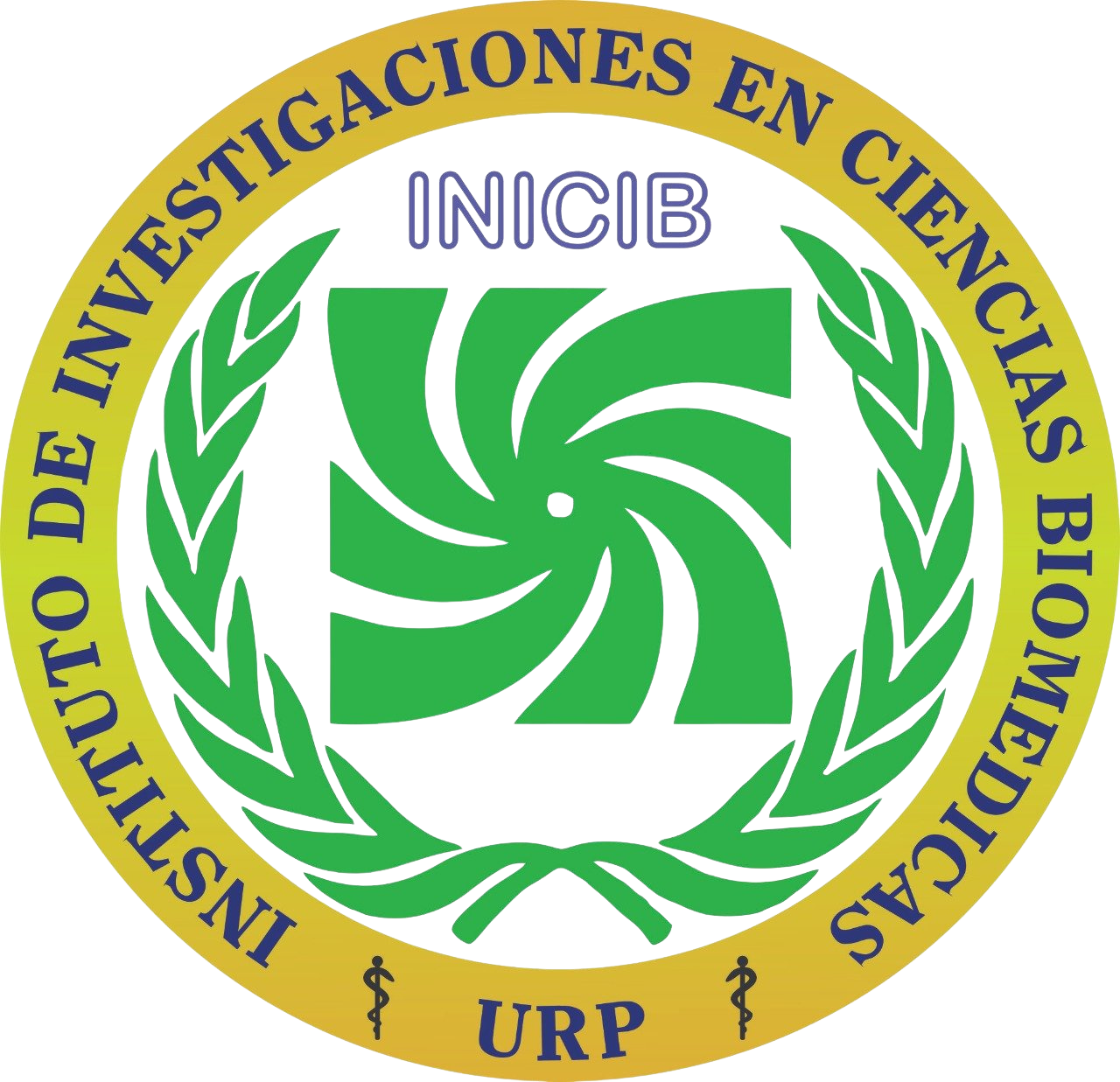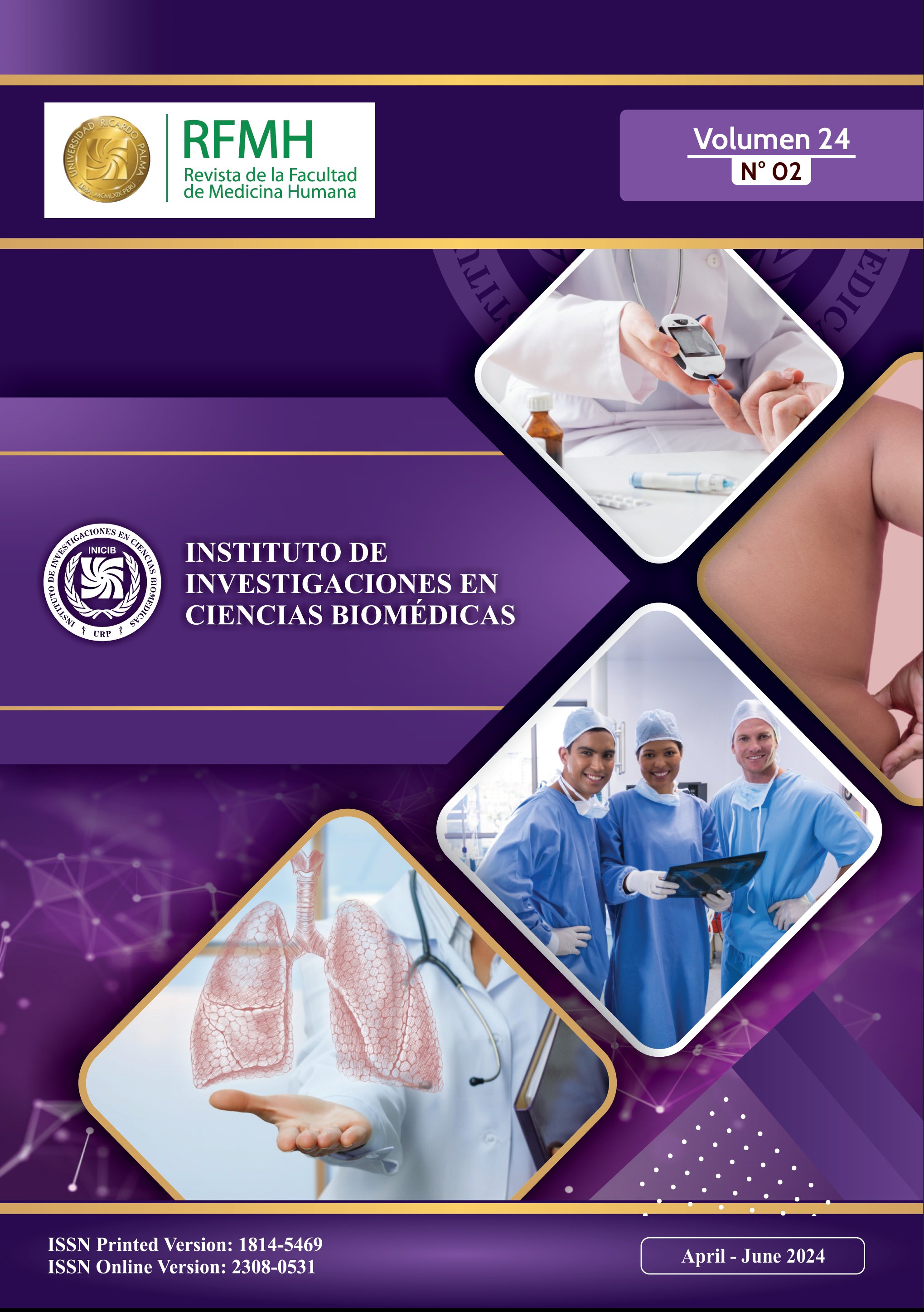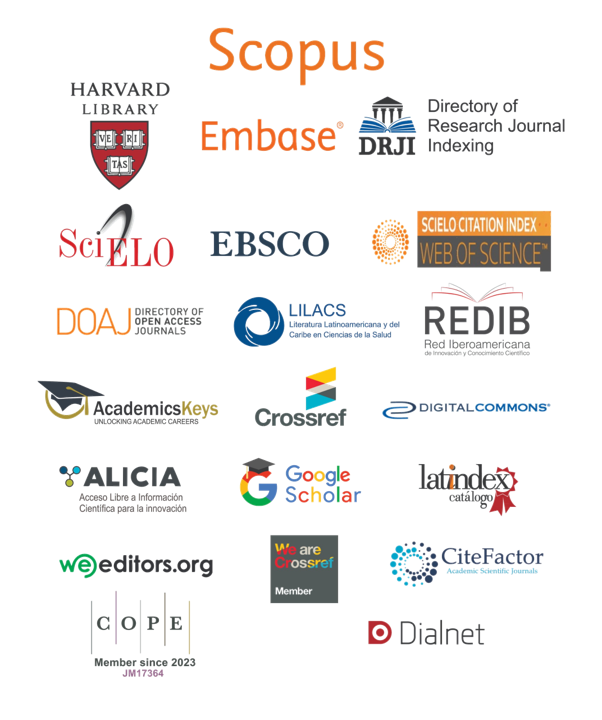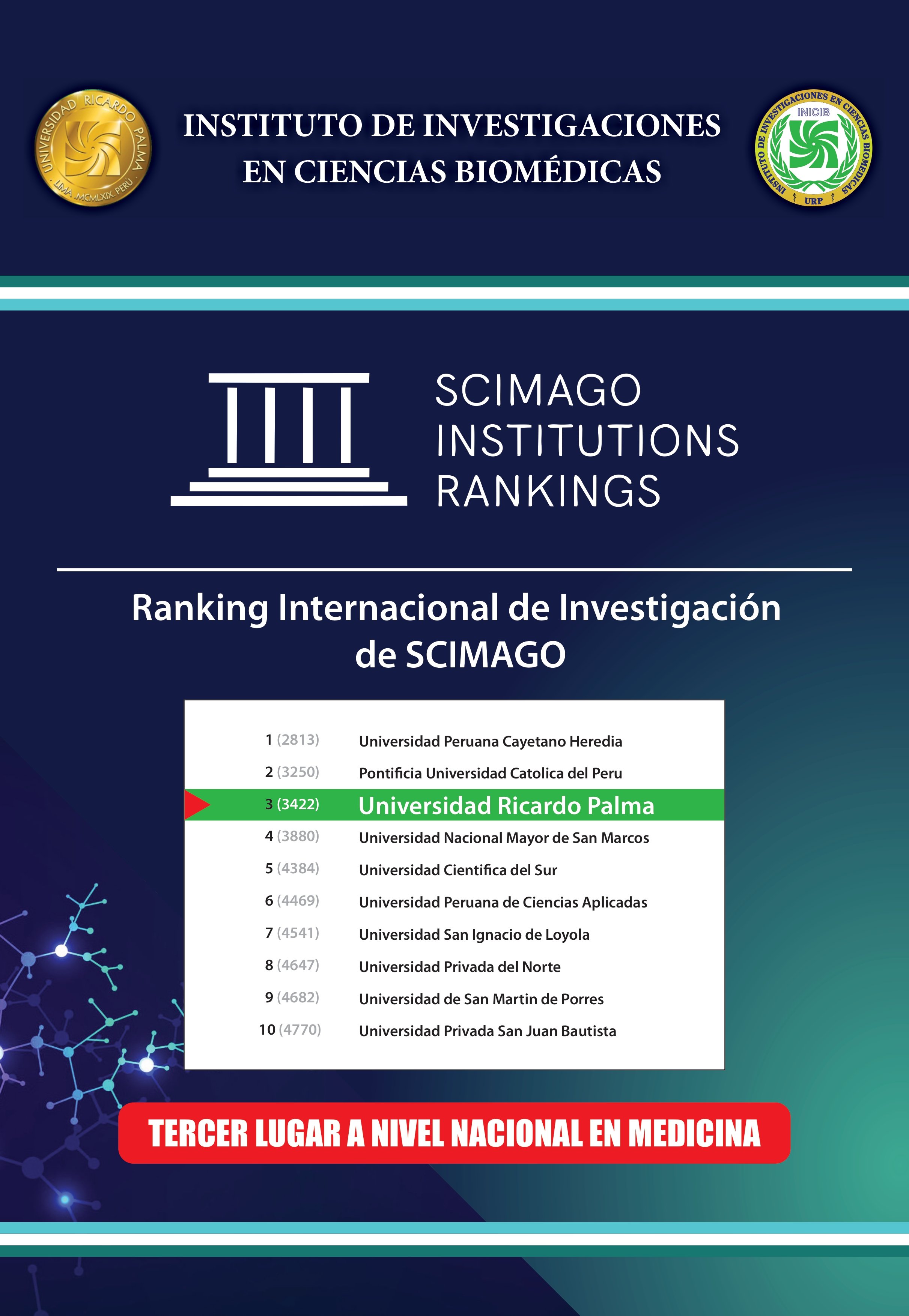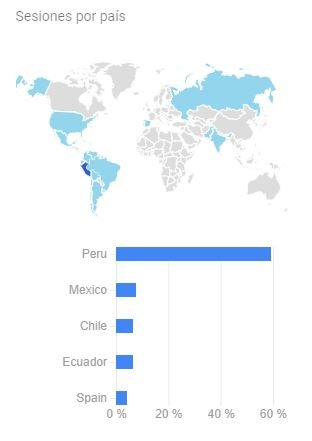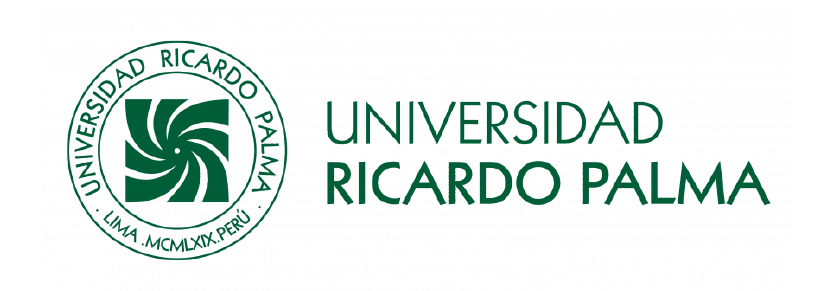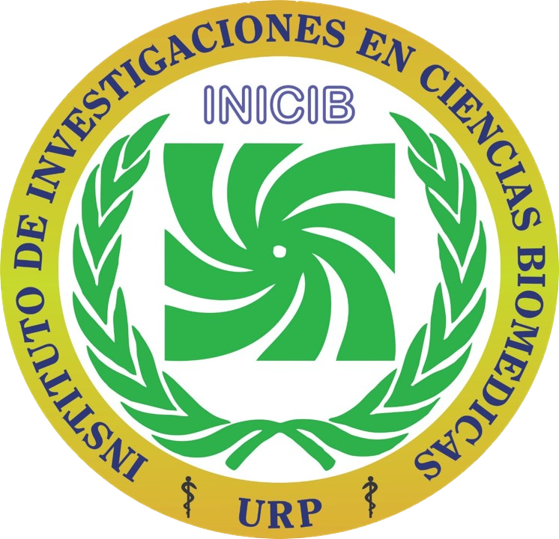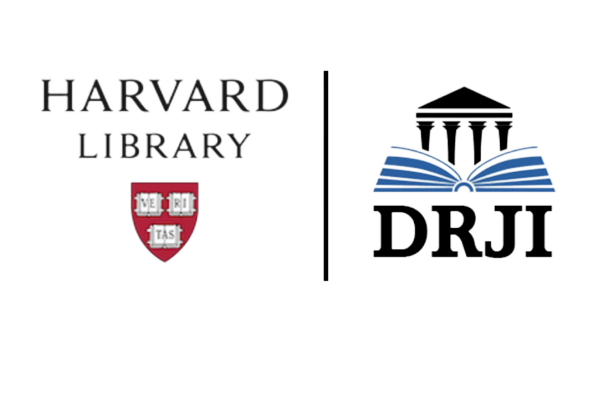Lifestyle Situation and Noncommunicable Diseases of chilean workers treated at Mutual de Seguridad (Pilot Study)
Situación de Estilo de Vida y Enfermedades No Transmisibles de trabajadores chilenos atendidos en Mutual de Seguridad (Estudio Piloto)
DOI:
https://doi.org/10.25176/RFMH.v22i1.4331Keywords:
Lifestyle, lifestyle risk reduction, non-communicable diseasesAbstract
Objective: To learn the lifestyle and NCDs of a group of workers who had occupational health evaluations performed in a branch of a mutuality: the Centro de Evaluación del Trabajo (CET), of Mutual de Seguridad. Methods: The sample included 30 workers who went in for occupational health evaluations. Blood tests and, vital signs were taken and finally, during the medical evaluation, they were given a survey. All data were collected and included in a database for analysis. Results: 93.3% of those enrolled were men; 66.6% were overweight or obese; 43.3% presented blood pressure in the high-normal range; 80% presented at least one altered parameter in their lipid profile; 50% indicated that they performed the minimum suggested amount of exercise per week; 83.3% indicated that they consume foods high in fat during the day; less than half (43.3%) indicated sleeping between 7-9 hours a day; 36.5% of the participants reported smoking at least once a day; 63.3% believe that they should make a change in relation to their lifestyle and are interested in being contacted in the future to participate in an intervention. Conclusion: There are many lifestyle factors that need to be improved. Information should be delivered, and knowledge updated regarding lifestyle medicine in the type of population studied, taking into consideration that there is a willingness to make changes.
Downloads

Downloads
Published
How to Cite
Issue
Section
License
Copyright (c) 2021 Revista de la Facultad de Medicina Humana

This work is licensed under a Creative Commons Attribution 4.0 International License.


